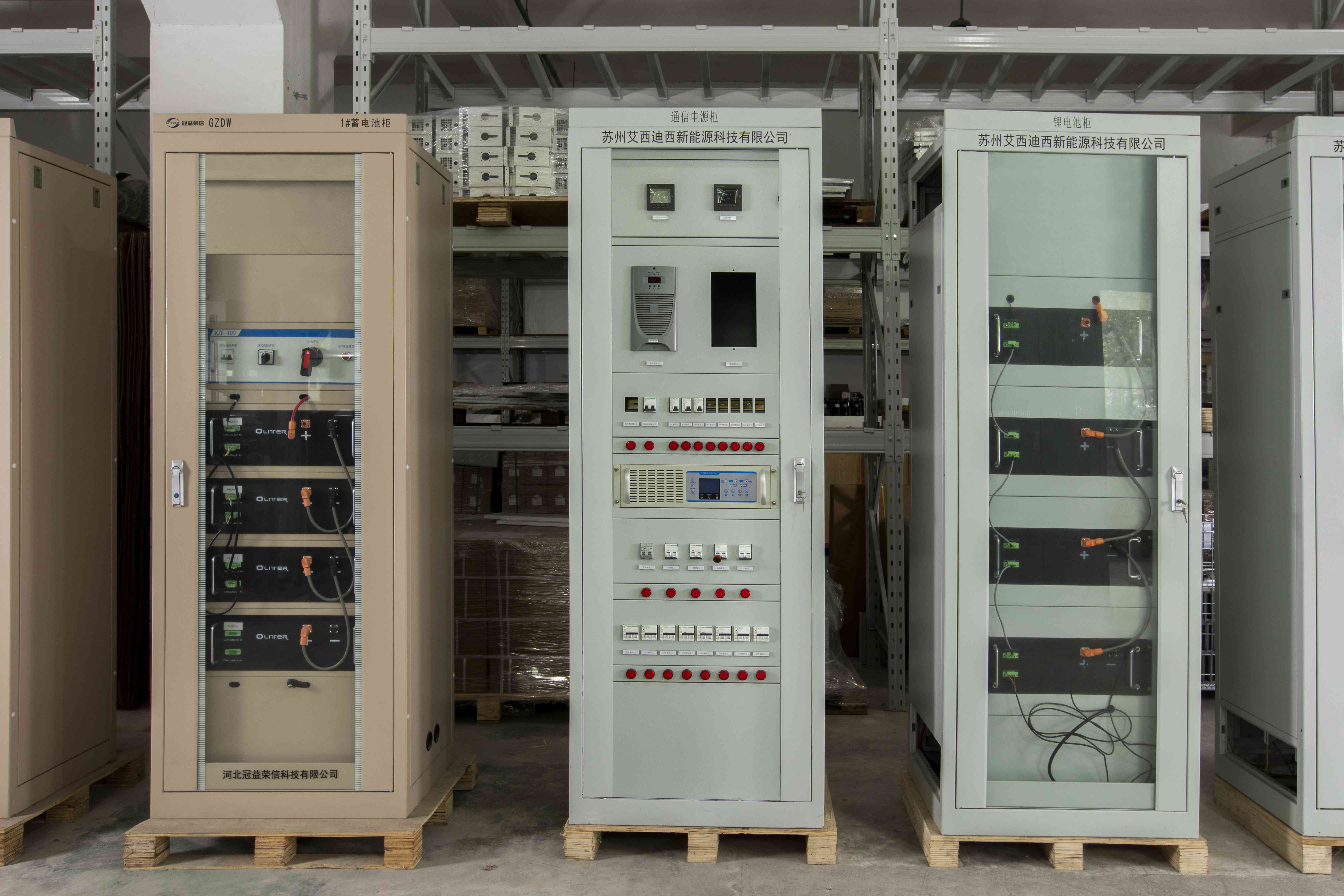
Dec . 07, 2024 15:27 Back to list
off grid energy storage systems product
Exploring Off-Grid Energy Storage Systems
In an era where sustainable living and energy independence are becoming increasingly significant, off-grid energy storage systems have emerged as a vital solution. These systems allow users to harness renewable energy sources such as solar or wind power, store excess energy, and utilize it when needed, all while operating independently from conventional electrical grids. This article delves into the fundamental aspects, benefits, technology, and future of off-grid energy storage systems.
Understanding Off-Grid Energy Storage
Off-grid energy storage systems are designed to capture energy from renewable sources and to store it for later use. The most common applications are in remote locations where access to the traditional power grid is limited or non-existent, such as rural homes, cabins, or during emergencies. These systems often consist of solar panels, wind turbines, battery storage units, and an inverter to convert the stored energy for everyday use.
Types of Energy Storage
Many types of energy storage technologies are available for off-grid applications
1. Lithium-ion Batteries Known for their high energy density, efficiency, and longer lifespan, lithium-ion batteries have become the preferred choice for many users. They are lightweight, can cycle thousands of times, and have a relatively low self-discharge rate.
2. Lead-acid Batteries Traditional lead-acid batteries are still widely used due to their lower upfront cost. However, they have a shorter lifespan and are less efficient compared to lithium-ion batteries. They are most commonly found in smaller off-grid applications.
3. Flow Batteries Flow batteries offer scalable storage solutions and are ideal for larger systems that require longer discharge times. They use liquid electrolytes that flow through a system, providing flexibility in energy storage capacity.
4. Flywheel Energy Storage This technology uses kinetic energy stored in a rotating mass to provide instantaneous energy. Flywheels are durable, have a long cycle life, and are capable of quick charge and discharge, although they are typically more expensive.
5. Pump Storage and Compressed Air These are larger-scale energy storage solutions that can be applied to off-grid projects. Pumped-storage hydroelectricity uses gravitational potential energy, while compressed air systems store energy in gas form. These technologies are often site-dependent and require significant infrastructure.
Advantages of Off-Grid Energy Storage Systems
off grid energy storage systems product

The benefits of implementing off-grid energy storage systems are numerous
1. Energy Independence Users can rely on renewable energy sources without dependence on external utilities, thus reducing the risk of power outages and fluctuations in energy pricing.
2. Sustainability By harnessing clean energy, off-grid systems contribute to lower greenhouse gas emissions and promote environmental stewardship.
3. Cost Savings Over time, the initial investment in an off-grid energy storage system can surpass the costs associated with grid-supplied electricity, especially with rising energy prices.
4. Versatility and Adaptability Off-grid systems can be tailored to a user's specific energy needs and can be expanded as those needs grow over time.
5. Emergency Preparedness In areas prone to natural disasters or power outages, off-grid energy systems provide a reliable backup power source.
The Future of Off-Grid Energy Storage Systems
The future of off-grid energy storage systems is bright, driven by advancements in technology and increasing consumer demand for sustainable solutions. Innovations in battery technology, such as solid-state batteries, promise improved safety, higher energy densities, and longer lifespans. Additionally, the integration of artificial intelligence and smart energy management systems will optimize how energy is stored and used.
Government incentives supporting renewable energy initiatives, along with the global push toward decarbonization, will undoubtedly accelerate the adoption of off-grid systems. Moreover, as more consumers become aware of the environmental impacts of their energy consumption, the shift toward decentralized energy solutions is expected to grow.
Conclusion
Off-grid energy storage systems represent a transformative approach to energy consumption and generation. By embracing renewable resources and advanced storage technologies, individuals and communities can achieve energy independence, environmental sustainability, and resilience against disruptions. As technology continues to evolve, these systems will play a crucial role in shaping the future of energy.
-
AI-Powered EMS with GPT-4-Turbo | Efficiency Boost
NewsAug.01,2025
-
Optimized Storage System for GPT-4-Turbo | High Performance
NewsJul.31,2025
-
AI Energy Management System w/ GPT-4 Turbo Efficiency
NewsJul.31,2025
-
High-Performance Energy Storage System for Reliable Power Solutions
NewsJul.30,2025
-
Advanced EMS Solutions for Energy Management System & Storage Battery Companies
NewsJul.29,2025
-
Intelligent Energy Management for Homes - Efficient Storage Solutions
NewsJul.29,2025























